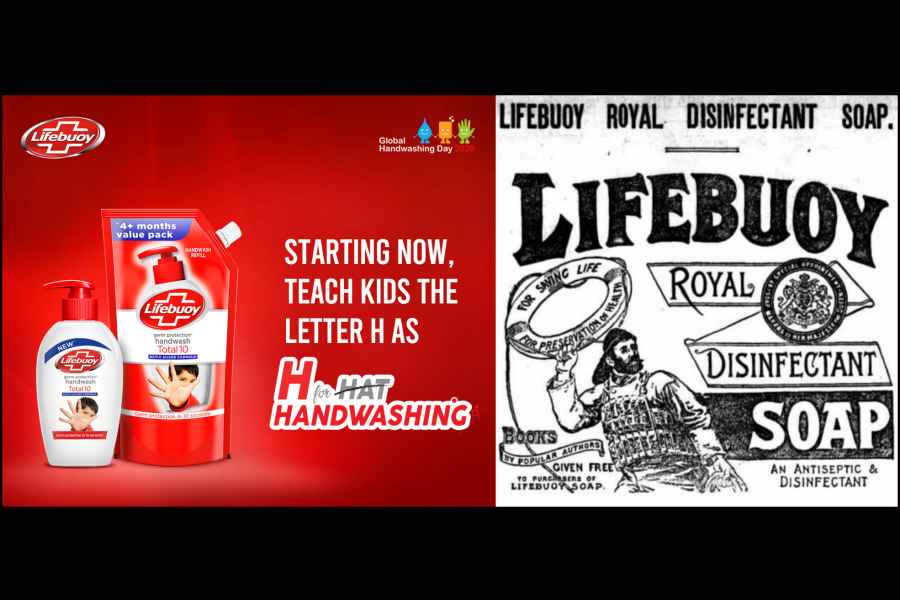For Unilever, pandemic provides new purpose for brand Lifebuoy
Over 126 years after William Lever founded the soap brand to aid Cholera-ravaged England, Lifebuoy is returning to its roots as it becomes a billion-Euro brand and mounts a global expansion.
by Rahul Sachitanand

